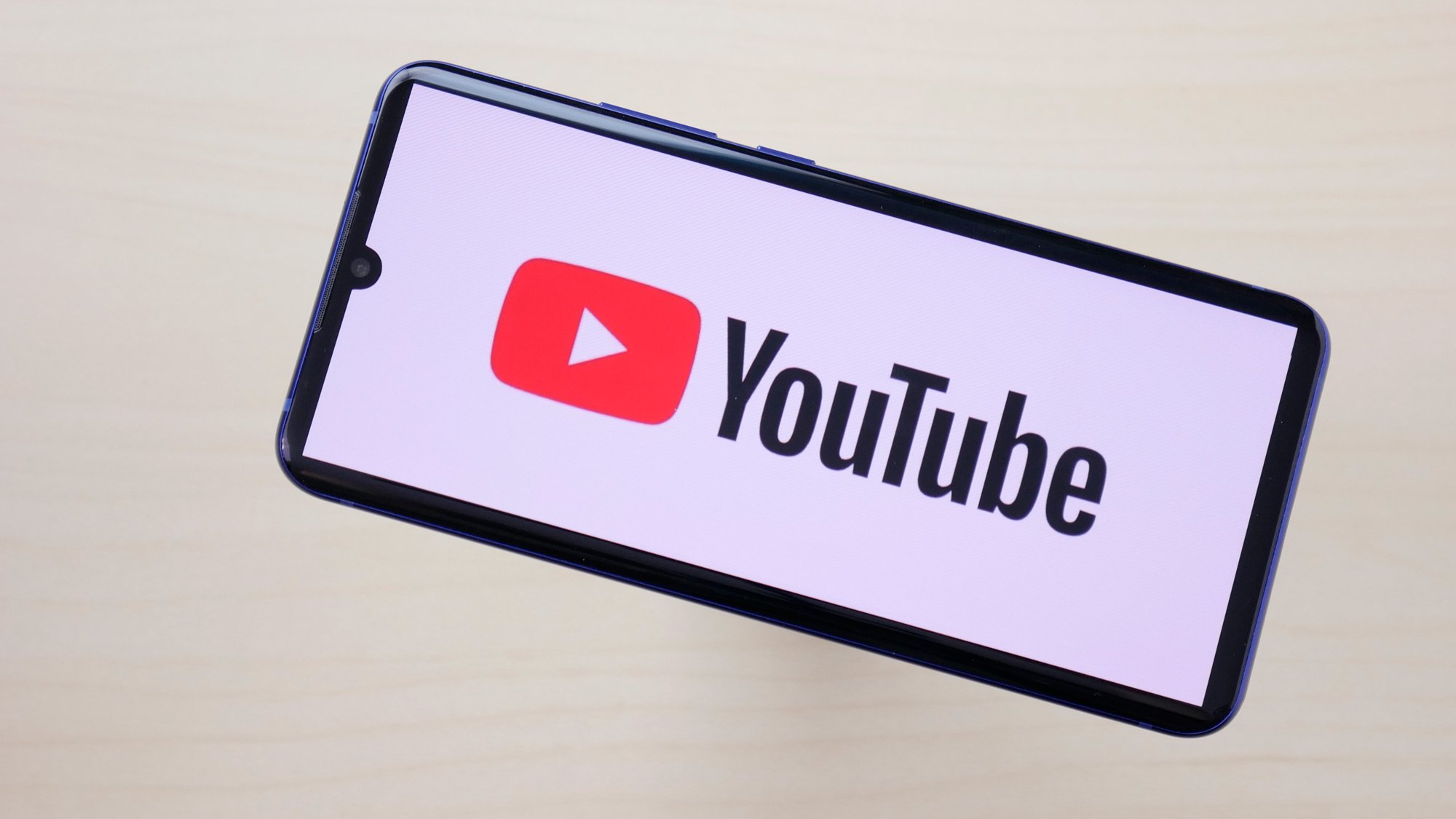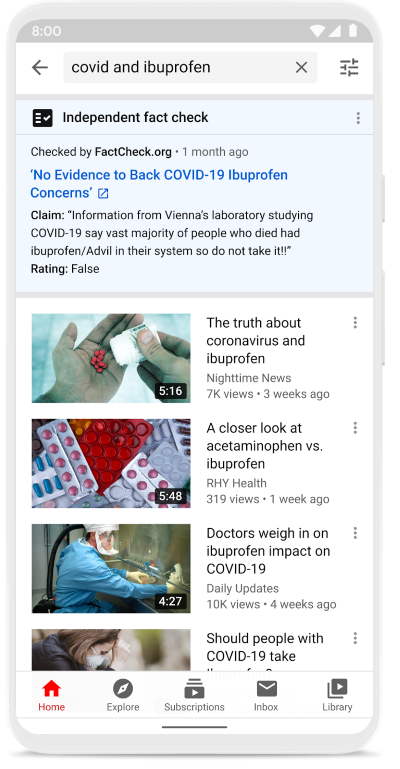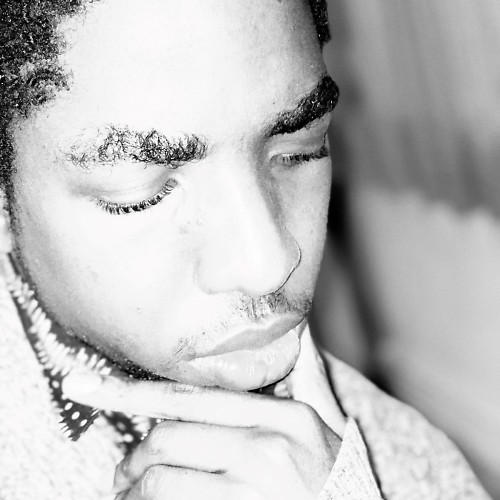After rolling out in Brazil and India, YouTube will now offer fact checks in the U.S. as COVID-19 conspiracies grow

What you need to know
- YouTube rolled out fact-checking for India and Brazil last year.
- In the wake of the COVID--19 pandemic, it's now extending this support to the U.S.
- It plans to bring this feature globally after scaling up its systems to support the effort.
There's never a good time for conspiracy theories, but amid the COVID-19 pandemic, these can be actively harmful. In timely action, YouTube is extending its fact-checking panels to include COVID-19 news and bringing it to the U.S.
"When users are searching on YouTube around a specific claim, we want to give an opportunity for those fact checks to show up right then and there, when our users are looking for information — especially around fast-moving. quickly changing topics like COVID-19," Neal Mohan, YouTube's chief product officer told The Verge, "but of course fact checking will apply more broadly now that it's launching here in the US."

Writing in a blog post, the YouTube team explained their position when it comes to fact checks:
There are a few factors that determine whether a fact check information panel will appear for any given search. Most important, there must be a relevant fact check article available from an eligible publisher. And in order to match a viewer's needs with the information we provide, fact checks will only show when people search for a specific claim. For example, if someone searches for "did a tornado hit Los Angeles," they might see a relevant fact check article, but if they search for a more general query like "tornado," they may not. All fact check articles must also comply with our Community Guidelines, and viewers can send feedback to our team.
COVID-19 is, of course, more relevant now, and that's where Google will be focusing their energy, Hoaxes regarding ibuprofen, antimalarial drugs, and the ingestion of strong chemical agents have already sprung up, so the firm has its work cut out for it. Google won't remove wrong but compliant content however, it's hoping that by providing enough clear information, viewers will be able to make up their minds for themselves. Over time, Google says that it plans to roll out fact-checking to other countries.
YouTube: Everything you need to know
Get the latest news from Android Central, your trusted companion in the world of Android

